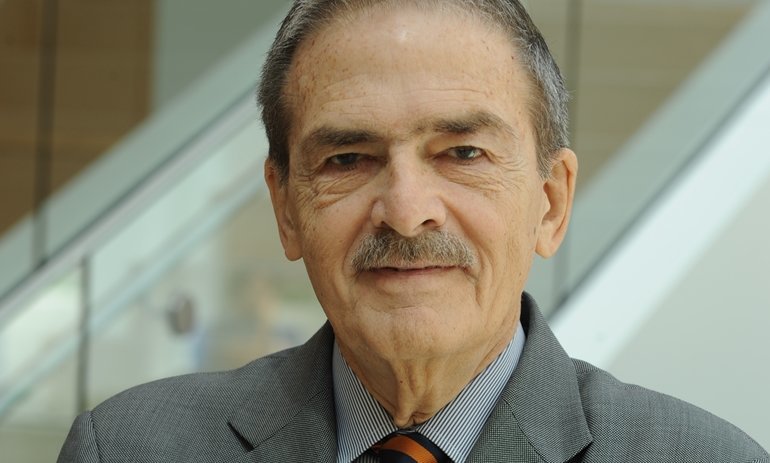When one contemplates the role of the UN in West Asia, one thinks immediately of its role in the ongoing and intractable conflict between the Israelis and the Palestinians. In what their many decades-long conflict over control of land and their ability to govern that land, the UN has failed to bring any resolution of that conflict.
As a result, it is easy to excoriate the UN’s role in West Asia. But that characterization would be entirely unfair. In fact, the UN operates in the region in many different but essential ways.
One of the least known and minor services it performs is to facilitate postal mail flows between countries. The Universal Postal Union enforces postal standards and determines the share of the postage on any piece of mail to go to the sending country and the receiving country.
Of course, the UN serves the region in so many more significant ways. Country teams from the UN operate in Bahrain, Iraq, Jordan, Kuwait, Lebanon, the occupied Palestinian territory, Saudi Arabia, Syria, the UAE, and Yemen.
The country teams range from the UN Development Program to the International Atomic Energy Agency to the International Labor Organization to the UN Women’s Organization to the UN Children’s Fund to the World Meteorological Organization to the Food and Agricultural Organization. These agencies work towards economic development, educational development, human rights, and the increased human development of the citizens of the host countries. In that sense, the UN is an unmitigated good for the region.
From the point of view of Iran, of course, the UN looks very different. The UN votes for and enforces sanctions on Iran that deprive the country of the revenues and trade necessary for the protection and well-being of the Iranian people. But it is well to remember that those sanctions and the work of the IAEA come from the UN Security Council rather than from the multitude of agencies of the organization. The Security Council is a tool of its veto-wielding members – the U.S., Russia, China, the UK, and France. Every one of those countries have voted to empower the UN to carry out their wishes.
Marvin Zonis, Professor Emeritus at the Booth School of Business at the University of Chicago


No comments:
Post a Comment